Imagine a contest where five pairs of travellers arrive from Britain, get dropped off in Stanley Park in Vancouver, and are told they have to get to remote Tlell on Haida Gwaii.
And there’s a catch: the contestants are not allowed to fly. And they have no smartphone, internet access, or credit cards, and only limited cash.
“It seems British Columbia doesn’t really do public transport.”
The Guardian
That’s what recently took place during filming for the British reality TV show Race Across the World, which the Guardian newspaper described as “a gameshow, travel show and reality show all in one.”
Sadly, the series is only available to watch in the U.K.
Vancouver was the starting point for the first episode in Season 3 of the hit BBC series. From B.C., the contestants race by land across Canada all the way to St. John’s, Newfoundland.
The winning team will win a cash prize of 20,000 British pounds, about $33,500 in Canadian.
“Without the use of air travel or any of the trappings of modern-day life, the pairs must navigate their way through the very edges of civilisation, taking in vast prairies, untouched wilderness, and great lakes, with only the cash equivalent of doing the same journey by plane to their final destination,” said a statement by the BBC show.
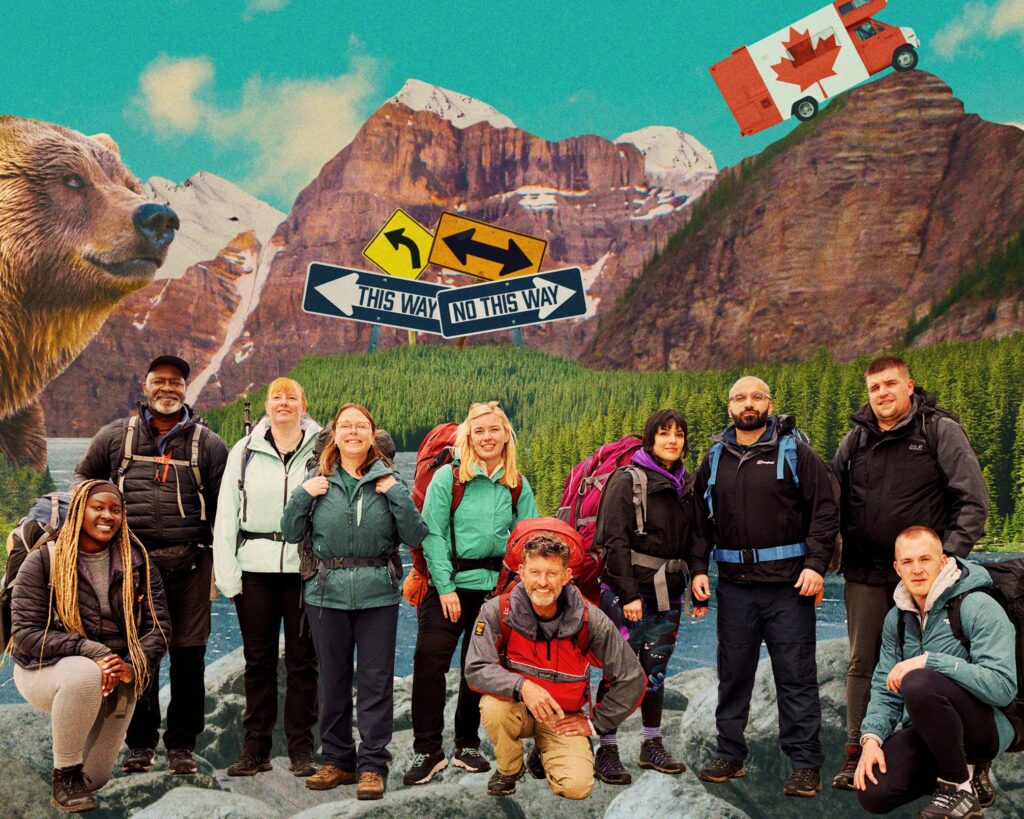
How was the first leg of the show in B.C.? “Chaos,” reported the CBC.
“First leg of the race is Stanley Park to Haida Gwaii, and the teams learn very quickly that there’s no bus to Port Hardy for the weekly ferry to Rupert.”
David King on Facebook
Chaos because B.C. lacks a provincial public transportation system.
This would not surprise locals, but it seemed to shock the travellers and viewers from elsewhere.
“It seems British Columbia doesn’t really do public transport,” remarked a story in the Guardian, which described how travellers had to hitchhike to get between ferry terminals on their way north.
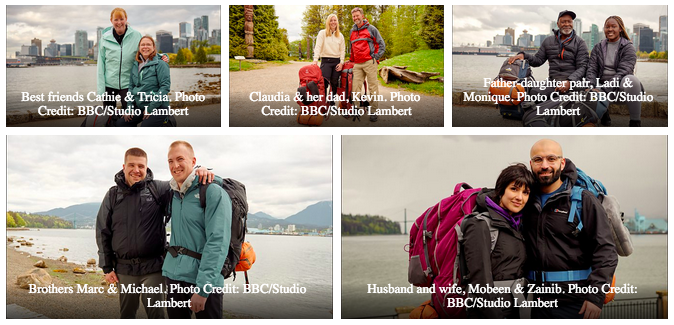
A B.C. man named Dave King, who managed to view the show, posted on Facebook that it “sure made me think about how BC has lost any reasonable transit outside of Victoria-Vancouver/Lower Mainland.” King went on, “First leg of the race is Stanley Park to Haida Gwaii, and the teams learn very quickly that there’s no bus to Port Hardy for the weekly ferry to Rupert (and likewise trying to get to Rupert on the mainland).”
“We need to think about transport in this province,” said King. “Right now coal or pulp can get around easier than people.”
But not all reactions to the show were about public transit.
The province’s scenery, whales, sea lions, bald eagles, and stunning islands drew raves in social media, and the Guardian predicted the show would cause a “big spike” in bookings for B.C.’s tourism industry.
That’s not surprising, given that CNN recently named Vancouver Island one of the world’s most beautiful spots to visit.




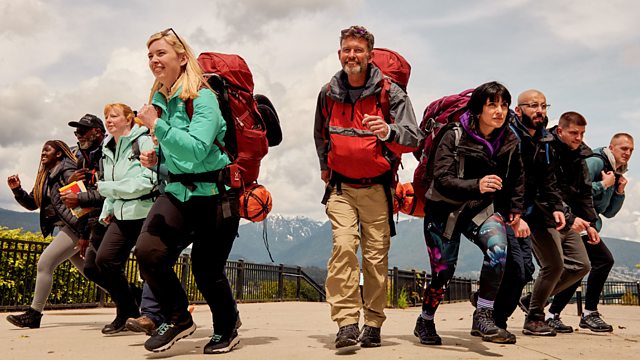

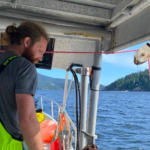
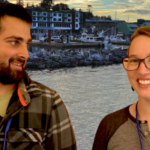
4 Comments